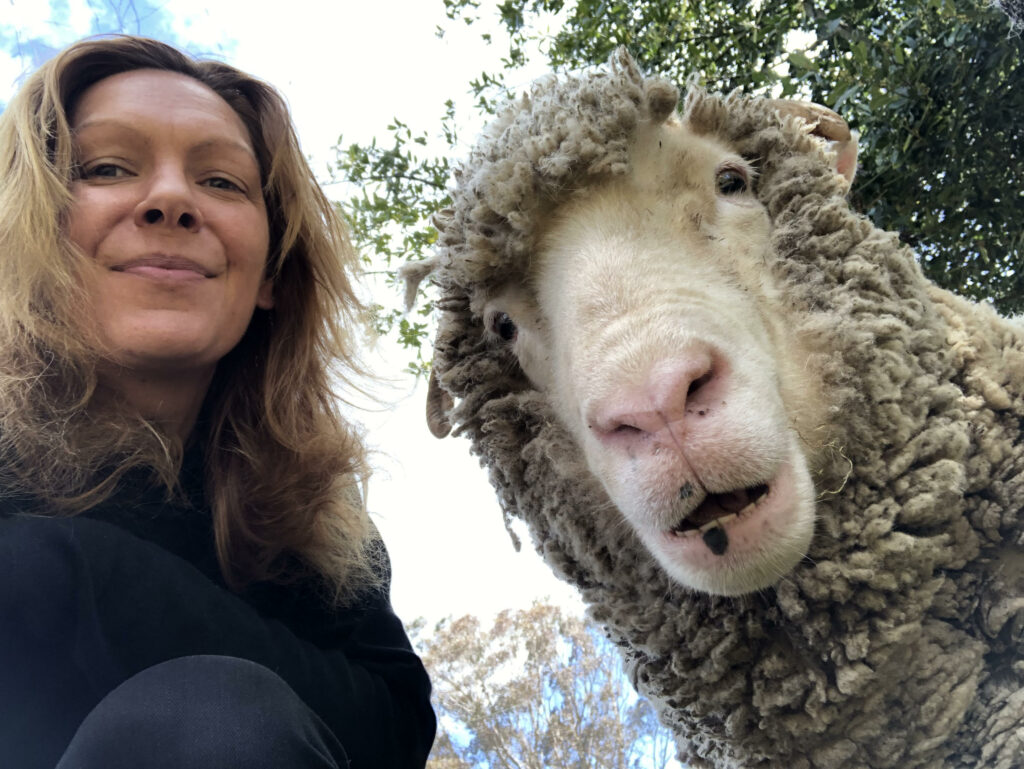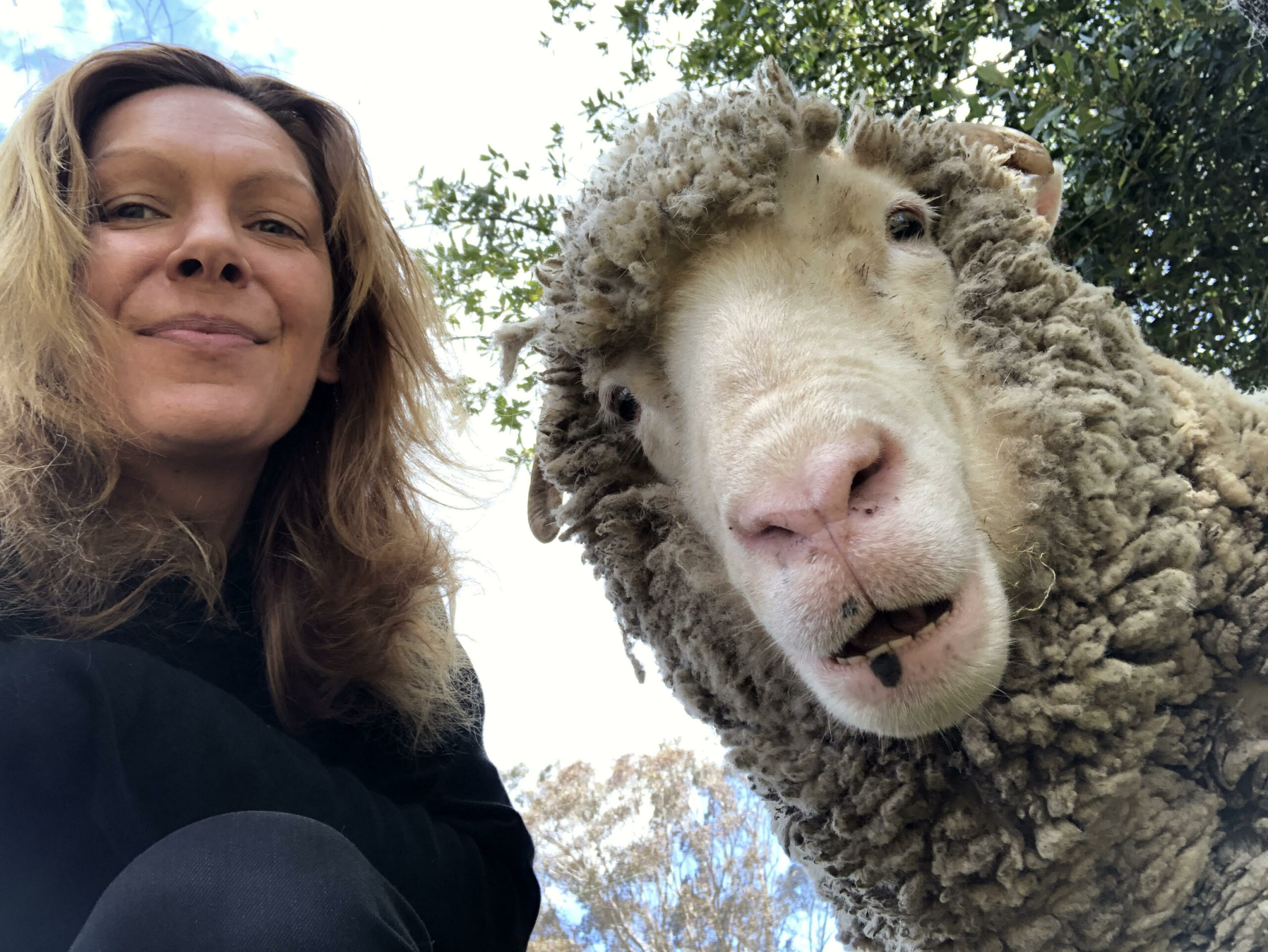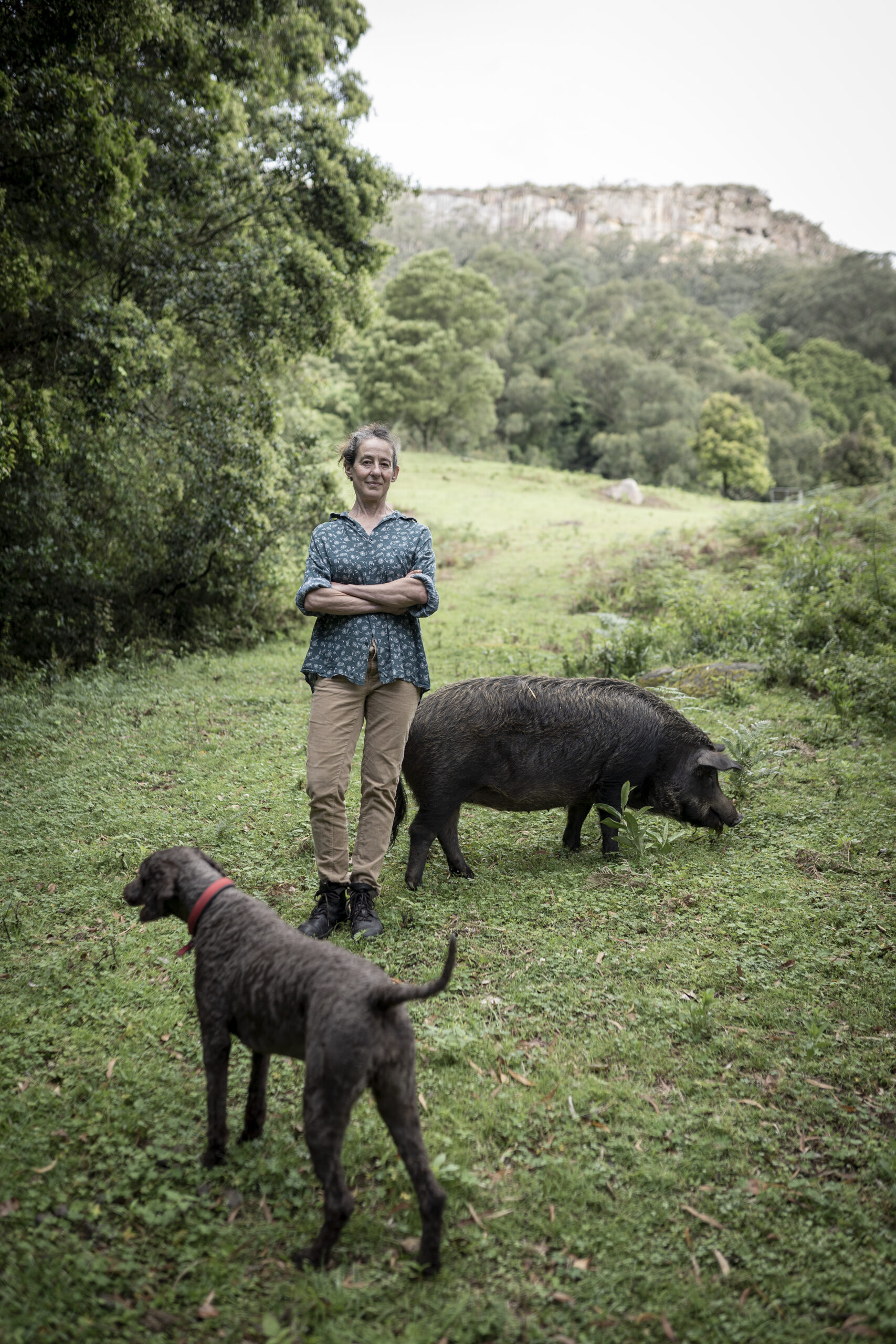
Brooks Pribac, Teya (2022) ‘Narrating Animals: Between Fear and Resilience’, Religions 13(7), 597, https://doi.org/10.3390/rel13070597, https://www.mdpi.com/2077-1444/13/7/597
What scholarly disciplines are most relevant to this publication?
Animals and belief systems are the focus of this work so it would be of interest to scholars in religious and animal studies, but also in other fields, principally psychology, social sciences, and ethics.
How would you describe this work to a non-academic interested in animal advocacy?
The core of this work was conceived for a non-academic audience. In 2020 I was involved in a workshop series Storytelling for Social and Planetary Change. I wanted to talk about the narratives that humans construct around and about other animals, and how these narratives and stories, along with those that are not told, all contribute to the dominant narrative and eventually affect the life of real flesh-and-blood individuals. I wasn’t sure how receptive the audience would be to nonhuman animals, so I thought it may help to introduce the topic using two human cases of silenced and/or distorted (micro) narratives. I chose my story of child sexual abuse by the Catholic Church and testimonies from slaughterhouse workers.
Narratives are indispensable: we categorise sensory input into systems that enable successful navigation in this world, we create narratives as we try to make sense of what happens around us (and within us). Our brain is very helpful in that it categorises things automatically for us. However, this organisation is to a large extent dependent on exposure and experience, and this is where things can get tricky. What I find most interesting about narrative formation is that it can turn from something that is incredibly useful – vital – into something that is oppressive and destructive, not just in relation to others but also to ourselves. Something that is there to make us stronger and more resilient ends up making us vulnerable and fearful because we don’t want to know how weak the foundations of our master narratives are.
How do you see your work relating to human-nonhuman relations?
The dominant narrative that normalises eating nonhuman animals, and using them in other ways, is a case in point. Most humans live by this narrative, but they don’t really want to know how their meat comes to be. This is an incredibly vulnerable position to be in, and it’s also destroying the planet. I think it’s important to remind people that it’s just a narrative. It was supposed to help us, it failed, now it’s time to move on.
What are you working on next?
I’m currently finishing a paper on sensory normativity (part of my work on animal spirituality) for ‘Animal Spirits’ – a special issue of Religion that I’m co-editing with Jay Johnston. After this I’ll be working with A. Marie Houser on an experimental project in epistolary form, basically meditations on sensory normativity and other shared topics of interest, including other-than-human animals. I’m also thinking about another collaborative project that would look into nondualist animal-related micronarratives in Eurocentric literature, philosophy and art. Dualism has become so ’naturalised’ in this space that more inclusive knowledge systems are perceived as novel, foreign, or going against the tradition. and this may represent an additional obstacle in opening up to other animals. If someone is interested, please get in touch!
Bio: Teya Brooks Pribac, PhD, is an independent scholar and multidisciplinary artist (mostly visual arts), living in the Australian Blue Mountains with other animals. Her recent publications include the Nautilus award winning monograph Enter the Animal, and the recipe collection Not Just Another Vegan Cookbook.



